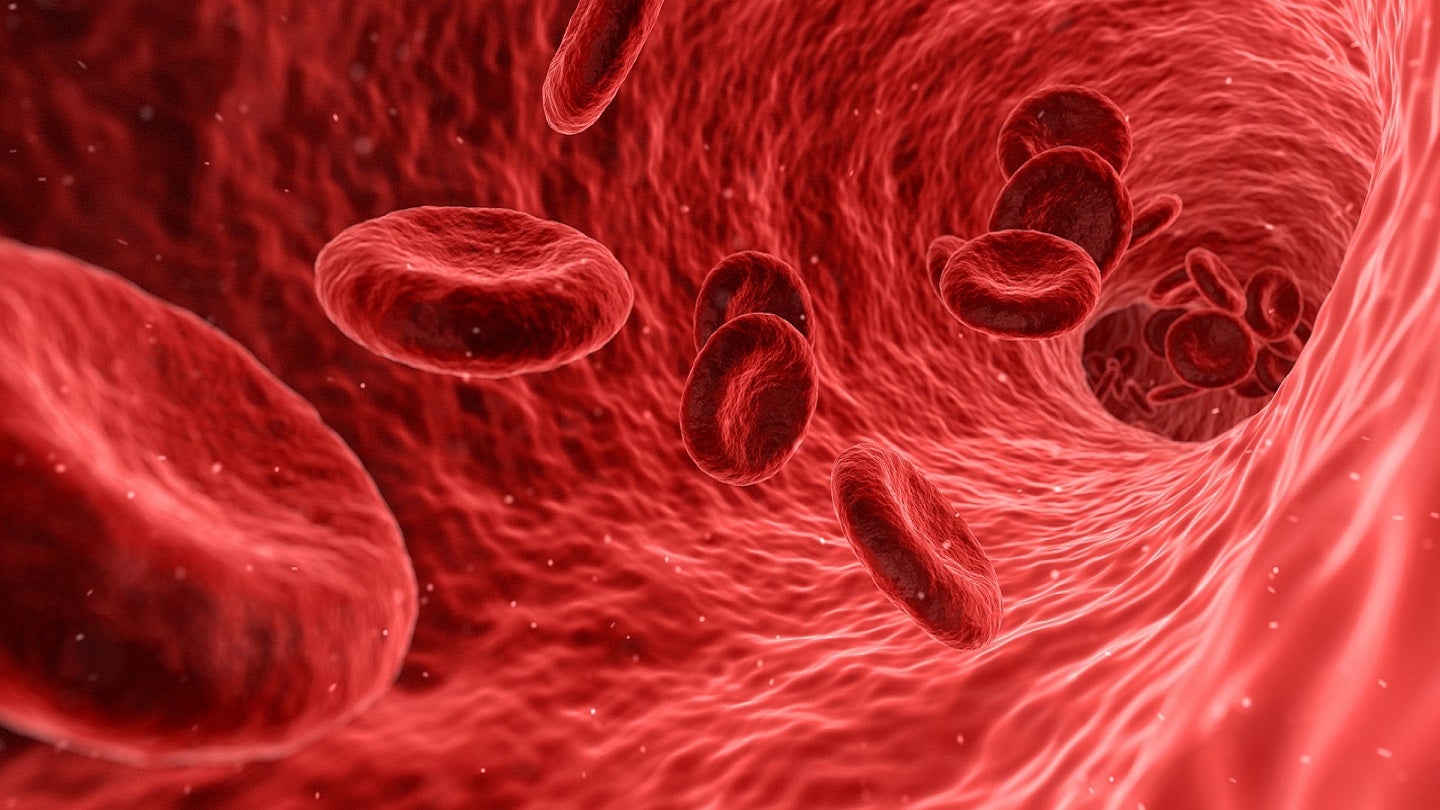
Disc Medicine has partnered with National Institutes of Health’s (NIH) National Heart Lung and Blood Institute (NHLBI) for the Phase II clinical trial of bitopertin in diamond-blackfan anaemia (DBA) patients.
The rare, inherited blood disorder DBA is characterised by the failure of bone marrow to produce red blood cells.

Discover B2B Marketing That Performs
Combine business intelligence and editorial excellence to reach engaged professionals across 36 leading media platforms.
The NIH will conduct and provide funding for the trial under a Cooperative Research and Development Agreement (CRADA).
Under the terms of the CRADA, NHLBI will serve as the regulatory sponsor and also conduct the Phase II clinical trial, which will be co-funded by Disc Medicine.
Slated to commenced in the middle of this year, the trial will be conducted under the direction of the NHLBI Molecular Haematopoiesis Section head and Chief Translational Stem Cell Biology Branch and NIH distinguished investigator Dr Cynthia Dunbar.
Disc Medicine CEO and president John Quisel said: “We’re thrilled to have the support of the NHLBI for this clinical trial as there is growing evidence to suggest that reducing excess levels of ‘heme’ may be an effective treatment strategy for DBA.

US Tariffs are shifting - will you react or anticipate?
Don’t let policy changes catch you off guard. Stay proactive with real-time data and expert analysis.
By GlobalData“This collaboration will enable us to benefit from the experience of the NHLBI in designing and conducting clinical studies of DBA.
“Disc now has ongoing development programmes of bitopertin in both erythropoietic porphyria and DBA.”
The dose escalation, single-arm, pilot Phase II clinical trial of bitopertin will be conducted in DBA patients who either have steroid-refractory and/or relapsed disease or are not able to tolerate systemic corticosteroids.
It includes planned dose escalation in each participant to continually evaluate for haematologic response.
Participants may continue on extended treatment within the trial, after the main treatment period concludes.





